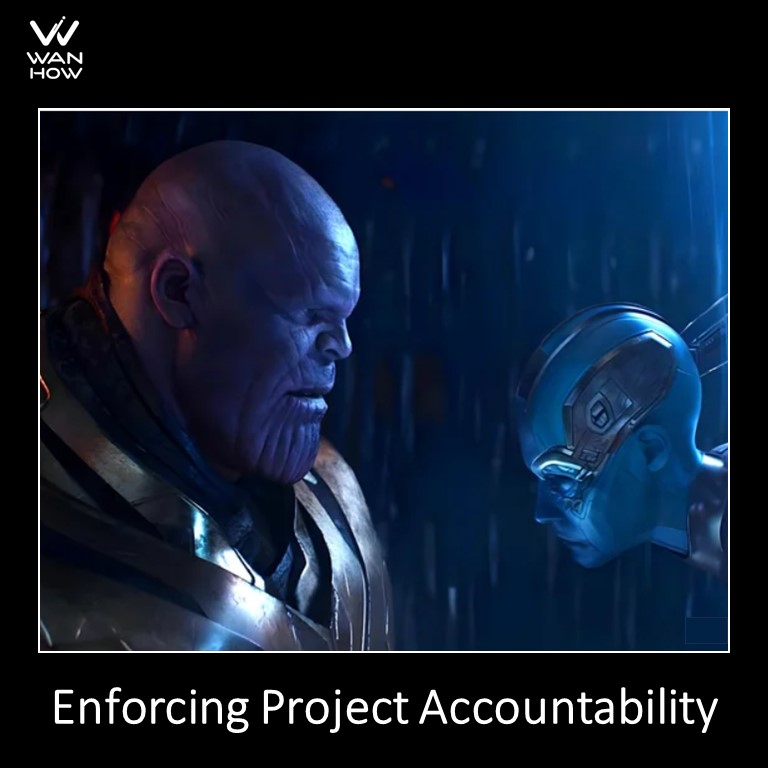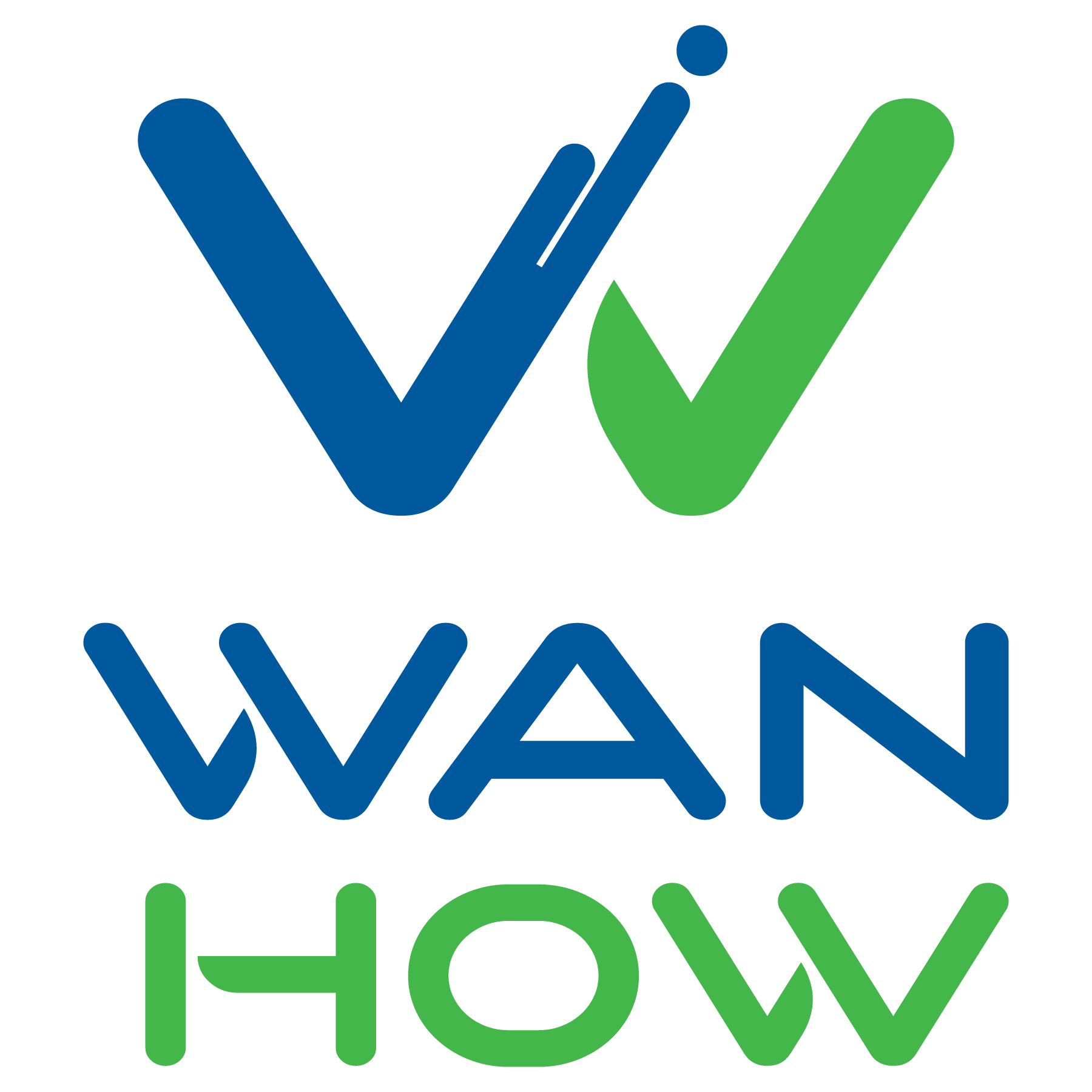
Do you struggle with enforcing project stakeholder accountability in a culture that thinks project dates are arbitrary? As a project management leader, I’ve faced this and other common challenges, and I’m sure many of you can relate:
🔍 Accountability issues in a culture that views project dates as arbitrary, even in regulatory projects with set deadlines.
🛠️ Management dictating tools and processes without understanding their importance or industry best practices.
🤝 Portfolio managers lacking autonomy to make critical decisions.
📊 Governance Committees seeming to lack direction or purpose.
But fear not! Here are some strategies I’ve found helpful:
1. Educate on the Importance of Accountability: Start by educating senior leadership on the importance of accountability in project management, especially for regulatory projects with fixed end dates. Provide examples of how lack of accountability can lead to delays, regulatory non-compliance, and other negative consequences. Show them the potential benefits of enforcing accountability, such as improved project performance, regulatory compliance, and stakeholder satisfaction.
2. Align Accountability with Organizational Goals: Frame the importance of accountability in terms of achieving organizational goals and meeting regulatory requirements. Emphasize how holding project members accountable contributes to the success of the organization and helps fulfill its obligations to regulators and stakeholders.
3. Propose Solutions with Senior Leadership Buy-In: Instead of presenting accountability measures as a standalone proposal, integrate them into broader initiatives that senior leadership is already supportive of. For example, you could tie accountability measures to improving project performance or enhancing regulatory compliance. Highlight how these measures align with the organization’s strategic objectives and the benefits they can bring.
4. Advocate for Industry Best Practices: Make a case for adopting industry best practices in project management, including tools and processes that have proven effective in similar organizations or industries. Present data and case studies that demonstrate the benefits of using these practices, such as increased efficiency, reduced risk, and improved project outcomes.
5. Empower Portfolio Managers: Work with senior leadership to empower portfolio managers to perform autonomously by providing them with the necessary authority, resources, and support. Clarify their roles and responsibilities, establish clear goals and objectives, and trust them to make decisions within their areas of expertise.
6. Clarify the Purpose of Governance Committees: Initiate a discussion with key stakeholders to clarify the purpose and role of governance committees. Identify any gaps or inconsistencies in their charter, membership, or responsibilities, and work together to address them. Ensure that all stakeholders understand the value that governance committees can bring to the organization and are committed to supporting their work.
7. Promote Collaboration and Communication: Encourage open communication and collaboration between project management, senior leadership, portfolio managers, and other stakeholders. Foster a culture of transparency, trust, and accountability, where everyone feels empowered to voice their opinions, share their concerns, and work together towards common goals.
By addressing these challenges proactively and collaboratively, you can help improve project management practices, enhance organizational effectiveness, and ultimately achieve better outcomes for your projects and your organization.
